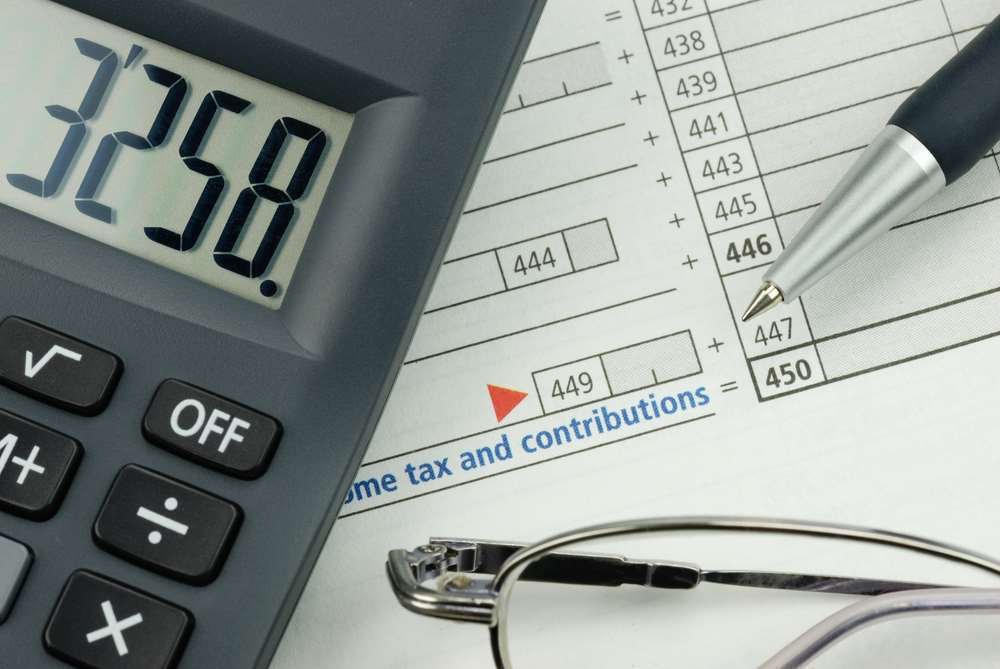What are Real Estate Taxes?
Published by Gbaf News
Posted on October 15, 2018
3 min readLast updated: January 21, 2026

Published by Gbaf News
Posted on October 15, 2018
3 min readLast updated: January 21, 2026

Real estate is property that includes unoccupied land as well as structures built on it, including residential and commercial buildings. Across the world, local governments levy a tax on real estate. This tax is imposed to help local governments maintain roads, provide utilities like water, and manage sewage released from property. These taxes are an important source of revenue for local governments like municipalities, city councils, city corporations, and metropolitan authorities.
Real estate tax is also commonly referred to as property tax. The tax has to be paid by the owner of the property usually once every year. The tax is calculated as a percentage of the total value of the property. The value of unoccupied land is lesser than that of land with buildings in it. Real estate tax for land is thus lesser than that of buildings. The more the structures on the land, the higher will be the tax.
Assessing real estate tax
The tax to be paid for real estate is decided based on an assessment. Local administration authorities have their own procedures for assessing and computing taxes. This varies from country to country and state to state. You need to understand which laws are applicable in your area and refer to the laws to understand how assessments and tax computation works. Thanks to the growth of internet, it is possible for you to compute your tax and pay it online in most places.
Assessment of tax can be done by an assessor appointed by the local government or by the owner himself. When the owner is allowed to assess tax on his own, it is referred to as self-assessment. Where self-assessment is permitted, the city would be divided into zones or assessment areas. The real estate tax is decided based on the zone or area where your real estate is. You can do further calculation depending on what kind of buildings are available on the land.
Even if your city allows self-assessment, you can be subject to random checks by the city authority to verify if the information given is correct. Since most city authorities require approval of building plans before construction, they would be able to verify if your self-assessment has been done correctly. Most local authorities offer citizens online tools to make the self-assessment easy.
In other places, an assessor visits each area and carries out an assessment, where he studies the land, estimates its total area, and does a count of structures on the land. Based on pre-defined guidelines, the assessor then determines the tax to be paid. The owner has to pay the tax before the deadline. Usually, appeals against assessment are permitted if you feel the assessor has not done a fair job.
Related taxes
Apart from the tax on property, there may be other applicable taxes. For example, some countries impose stamp duty on land that has to be paid at the time of purchasing the land. It is paid as a percentage of the property value. If the property is given on rent, the rental income may also be considered while deciding the tax.
Apart from property tax, there are associated taxes and levies for disposal of trash, water tax, sanitary tax, etc. Exemptions are provided for some types of property like those owned by religious and charitable organizations, and schools.
Explore more articles in the Finance category
